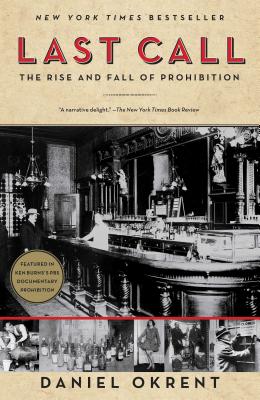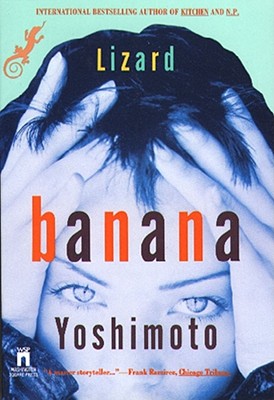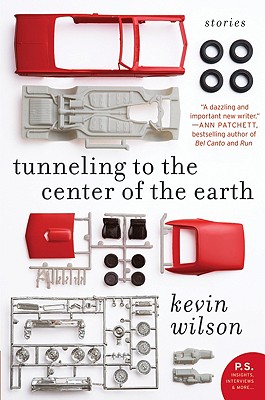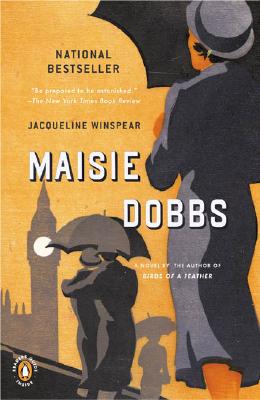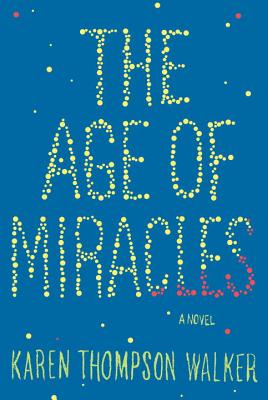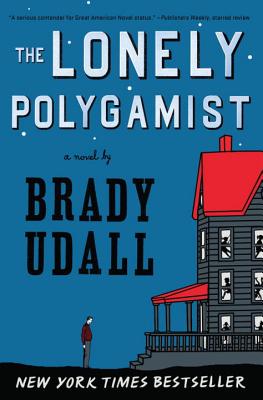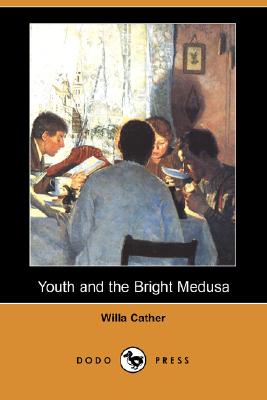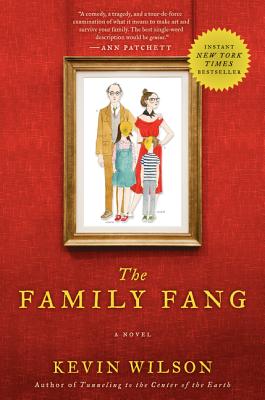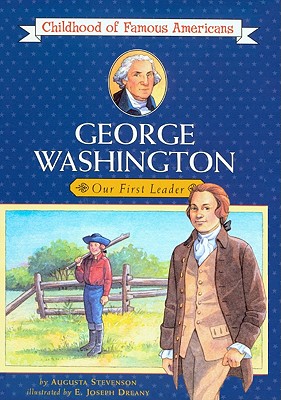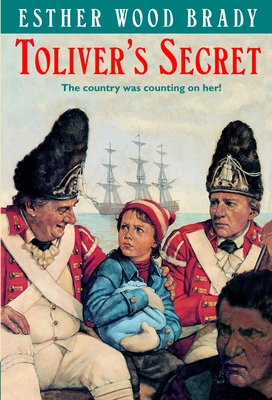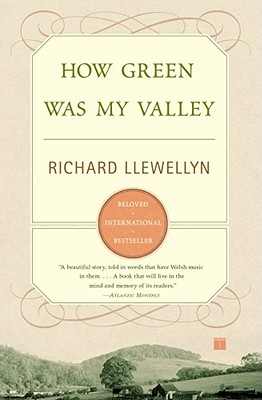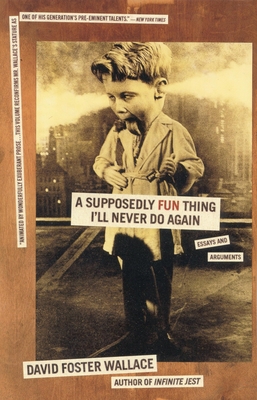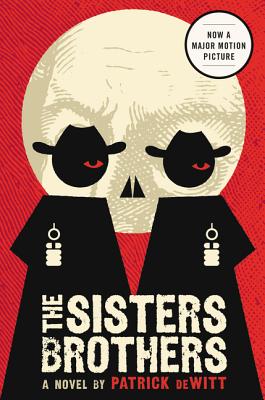I discovered that many of my fuzzy notions about this book were actually sizable misconceptions. For example, I was rather worried about the rumours of stream-of-consciousness and hard-to-follow writing. In actuality, Kerouac's writing was one of the things that made this book enjoyable. I adored this (from page 8) which was just about as "streamy" as it got:
They rushed down the street together, digging everything in the early way they had, which later became so much sadder and perceptive and blank. But then they danced down the streets like dingledodies, and I shambled after as I've been doing all my life after people who interest me, because the only people for me are the mad ones, the ones who are mad to live, mad to talk, mad to be saved, desirous of everything at the same time, the ones who never yawn or say a commonplace thing, but burn, burn, burn like fabulous yellow roman candles exploding like spiders across the stars and in the middle you see the blue centerlight pop and everybody goes "Awww!"
I loved this description: “His excitement blew out of his eyes in stabs of fiendish light.”
Apart from being a little bit in love with Kerouac himself, I also loved the clear picture of America and Mexico in the late 1940s. It was like getting a real glimpse of history, rather than a retelling. Unfortunately, the novelty of traveling and visiting places familiar and strange wore off the more Dean Moriarty (aka Neal Cassidy) was in the picture. That guy is just a super-stressball (compounded by the fact that I know someone who (in some ways) is very much like him. So much that I've actually heard the same defense for said person as Kerouac did for Dean:)
I longed to go and put my arm around Dean and say, Now look here, all of you, remember just one thing: this guy has his troubles too, and another thing, he never complains and he's given all of you a damned good time just being himself, and if that isn't enough for you then send him to the firing squad, that's apparently what you're itching to do anyway...Another misconception I held before reading the book was that it was all only sex&drugs. Certainly there is a lot of sex&drugs, (one scene in Mexico stands out in my mind,) but for the most part, Kerouac's insights and observations made it apparent that post-WWII America was a little lost and trying to figure out exactly what life was all about. The problem was the lack of hope. Seeing a group of people not be able to move on, or grow out of, such behaviors is sad. Although I appreciated the historical importance, and enjoyed Kerouac's writing, most of this book ended up leaving me somewhat ambivalent. Dean was stressful, and everyone's inability to be content was depressing.
I am glad I read it though, both for its significance in literature, and because I no longer have those misconceptions I began with. It was easy to read in many respects, but a growing experience at the same time. Kerouac had many acute observations, even in the midst of dizzying jazz and exhilarating car rides, that made my time with the book much more enjoyable that it might have been otherwise. I'll leave you with one I especially liked.
Dean took out other pictures. I realized these were all the snapshots which our children would look at someday with wonder, thinking their parents had lived smooth, well-ordered, stabilized-within-the-photo lives and got up in the morning to walk proudly on the sidewalks of life, never dreaming the raggedy mess and riot of our actual lives, our actual night, the hell of it, the senseless nightmare road. All of it inside endless and beginningless emptiness. Pitiful forms of ignorance.

